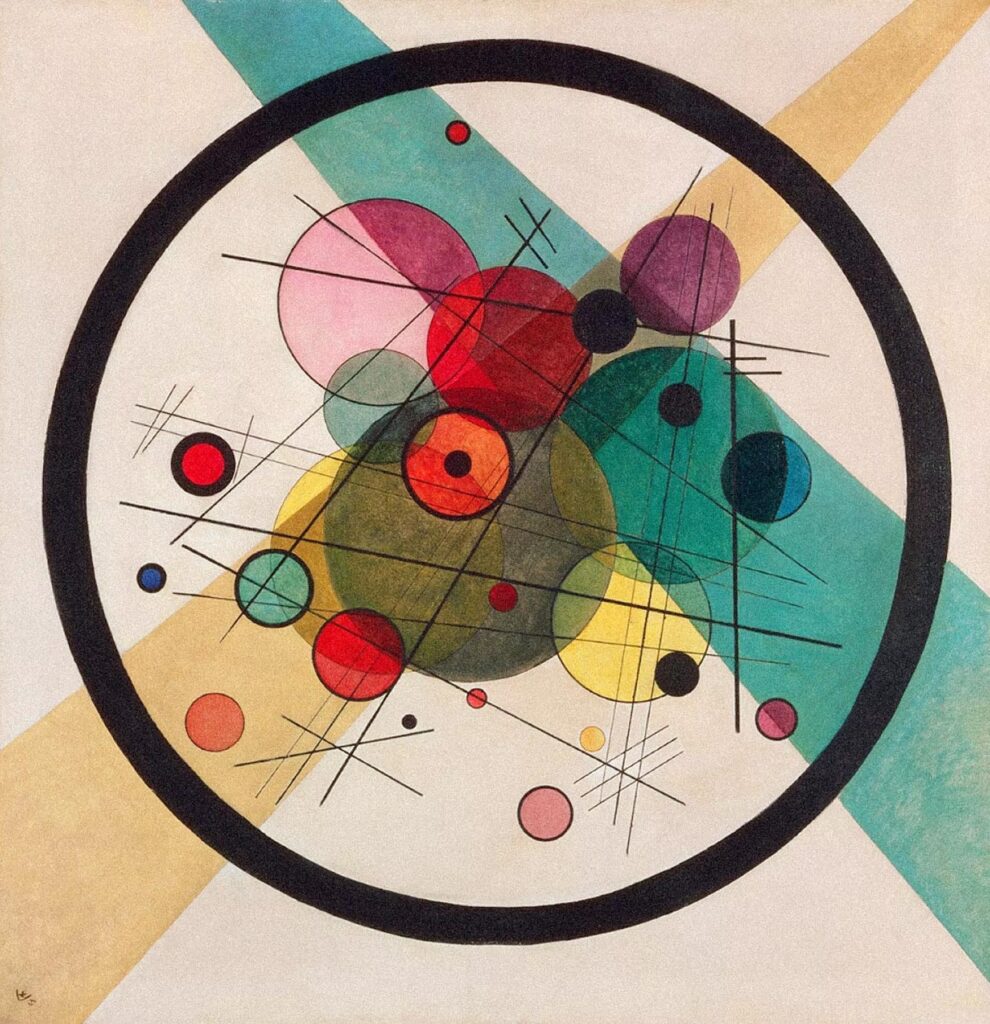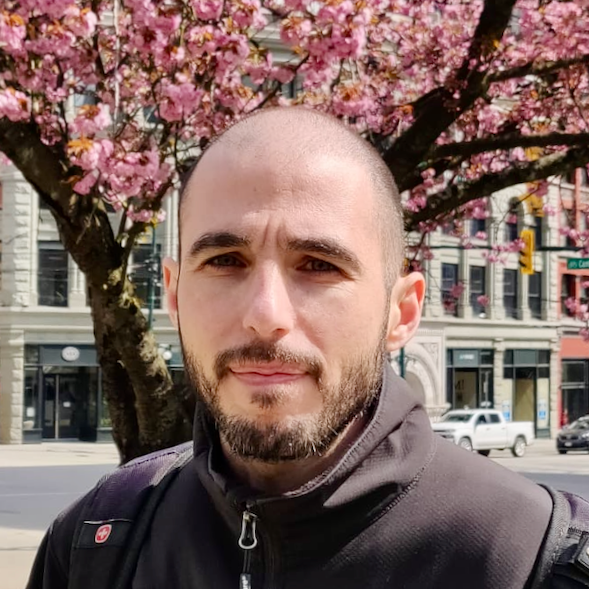
In this post, Eliran Haziza discusses his article recently published in Ergo. The full-length version of Eliran’s article can be found here.
It’s common sense that you shouldn’t say stuff you don’t know. I would seem to be violating some norm of speech if I were to tell you that it’s raining in Topeka if I don’t know it to be true. Philosophers have formulated this idea as the knowledge norm of assertion: speakers must assert only what they know.
Speech acts are governed by all sorts of norms. You shouldn’t yell, for example, and you shouldn’t speak offensively. But the idea is that the speech act of assertion is closely tied to the knowledge norm. Other norms apply to many other speech acts: it’s not only assertions that shouldn’t be yelled, but also questions, promises, greetings, and so on. The knowledge norm, in some sense, makes assertion the kind of speech act that it is.
Part of the reason for the knowledge norm has to do with what we communicate when we assert. When I tell you that it’s raining in Topeka, I make you believe, if you accept my words, that it’s raining in Topeka. It’s wrong to make you believe things I don’t know to be true, so it’s wrong to assert them.
However, I can get you to believe things not only by asserting but also by implying them. To take an example made famous by Paul Grice: suppose I sent you a letter of recommendation for a student, stating only that he has excellent handwriting and attends lectures regularly. You’d be right to infer that he isn’t a good student. I asserted no such thing, but I did imply it. If I don’t know that the student isn’t good, it would seem to be wrong to imply it, just as it would be wrong to assert it.
If this is right, then the knowledge norm of assertion is only part of the story of the epistemic requirements of assertion. It’s not just what we explicitly say that we must know, it’s also what we imply.
This is borne out by conversational practice. We’re often inclined to reply to suspicious assertions with “How do you know that?”. This is one of the reasons to think there is in fact a knowledge norm of assertion. We ask speakers how they know because they’re supposed to know, and because they’re not supposed to say things they don’t know.
The same kind of reply is often warranted not to what is said but to what is implied. Suppose we’re at a party, and you suggest we try a bottle of wine. I say “Sorry, but I don’t drink cheap wine.” It’s perfectly natural to reply “How do you know this wine is cheap?” I didn’t say that this wine was cheap, but I did clearly imply it, and it’s perfectly reasonable to hold me accountable not only to knowing that I don’t drink cheap wine, but also to knowing that this particular wine is cheap.
Implicature, or what is implied, may not appear to commit us to knowing it because implicatures often can be canceled. I’m not contradicting myself if I say in my recommendation letter that the student has excellent handwriting, attends lectures regularly, and is also a brilliant student. Nor is there any inconsistency in saying that I don’t drink cheap wine, and this particular wine isn’t cheap. Same words, but the addition prevents what would have been otherwise implied.
Nevertheless, once an implicature is made (and it’s not made when it’s canceled), it is expected to be known, and it violates a norm if it’s not. So it’s not only assertion that has a knowledge norm, but implicature as well: speakers must imply only what they know. This has an interesting and perhaps unexpected consequence: If there is a knowledge norm for both assertion and implicature, the KK thesis is true.
The KK thesis is the controversial claim that you know something only if you know that you know it. This is also known as the idea that knowledge is luminous.
Why would it be implied by the knowledge norms of assertion and implicature? If speakers must assert only what they know, then any assertion implies that the speaker knows it. In fact, this seems to be why it’s so natural to reply “How do you know?” The speaker implies that she knows, and we ask how. But if speakers must know not only what they assert but also what they imply, then they must assert only what they know that they know. This reasoning can be repeated: if speakers must assert only what they know that they know, then any assertion implies that the speaker knows that she knows it. The speaker must know what she implies. So she must assert only what she knows that she knows that she knows. And so on.
The result is that speakers must have indefinitely iterated knowledge that what they assert is true: they must know that they know that they know that they know …
This might seem a ridiculously strict norm on assertion. How could anyone ever be in a position to assert anything?
The answer is that if the KK thesis is true, the iterated knowledge norm is the same as the knowledge norm: if knowing entails knowing that you know, then it also entails indefinitely iterated knowledge. So you satisfy the iterated knowledge norm simply by satisfying the knowledge norm. If we must know what we say and imply to be true, then knowledge is luminous.
Want more?
Read the full article at https://journals.publishing.umich.edu/ergo/article/id/2236/.
About the author

Eliran Haziza is a PhD candidate at the University of Toronto. He works mainly in the philosophy of language and epistemology, and his current research focuses on inquiry, questions, assertion, and implicature.